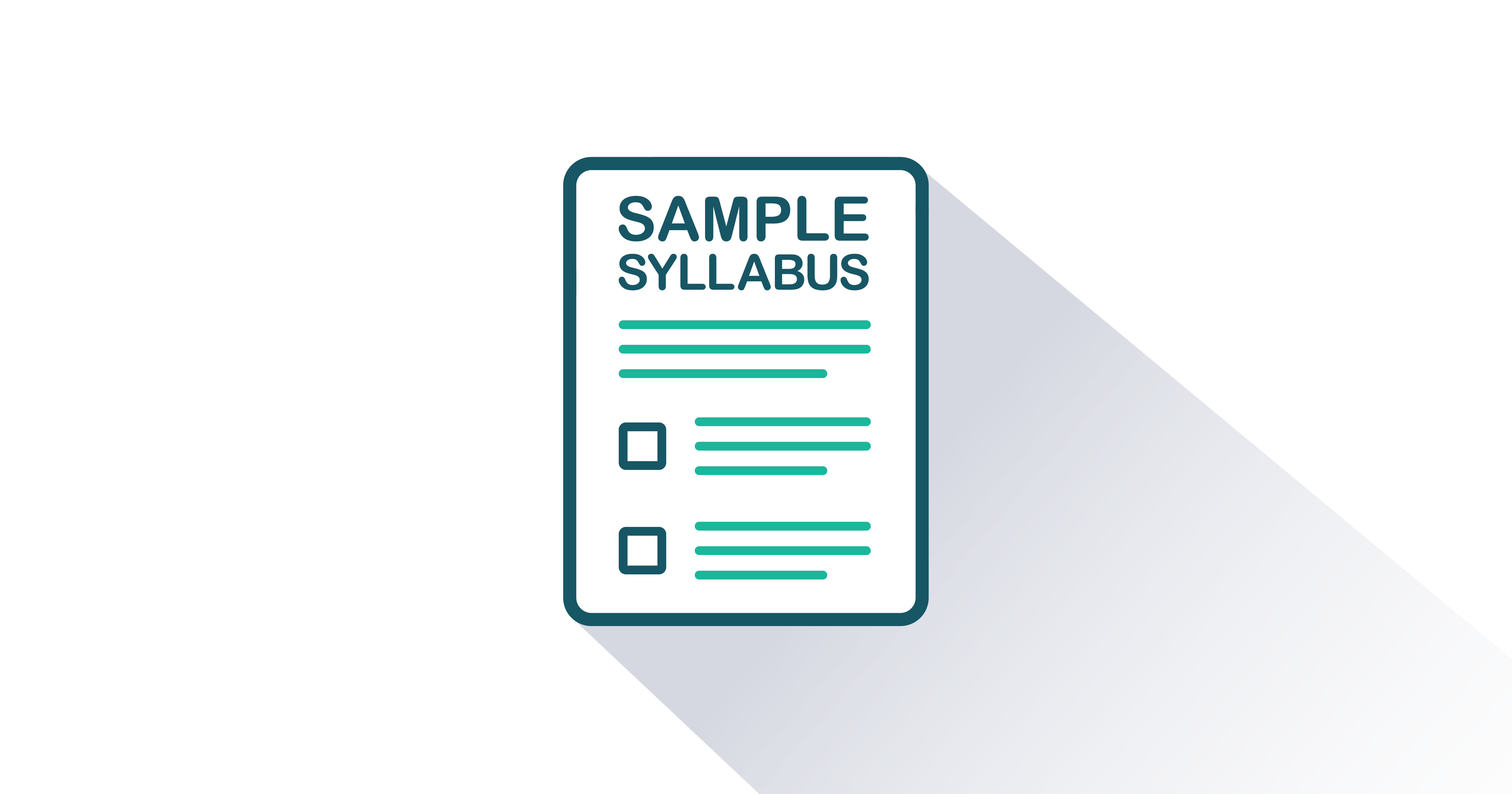Introduction to Public Speaking: An Inductive Approach


Version 1.0
By Mark Ward Sr.
Included Supplements
Key Features
- Traditional organization matches most course syllabi, making transitions from currently assigned texts simple and straightforward.
- Friendly and informal tone, as reflected in chapter titles, plus abundant visual illustrations of concepts appeal to students of all ages.
- Connects with “digital native” learners accustomed to receiving information in brief bites.
- Students begin with the more easily grasped “mechanics” of short speech segments as they learn one part of a speech at a time (introduction, conclusion, main points, transitions, etc.).
- Concrete tasks precede abstract concepts, so students build confidence and gain familiarity with excellent practices before tackling tasks such as audience analysis and topic selection.
- Small group exercises throughout the text build peer support and reduce speech anxiety.
- Three master rubrics—for the written outline, speech content, and speech delivery—appear throughout the text as a constant baseline to guide students’ step-by-step progress through the checklists provided in the rubrics.
- With the rubrics, students know exactly what is expected of them and feel less anxiety, while faculty can better provide quick, thorough, and consistent feedback.
- By breaking down speech components and providing rubrics, the inductive approach adapts readily and effectively to online courses and facilitates teaching by graduate assistants.
- Supportive learning structure includes:
- Pertinent portion of the applicable grading rubric as an overview for the material covered in the following chapter
- Learning Objectives organized by main section to preview that section’s key concepts
- Key Takeaways at the end of every main section that summarize that section’s key concepts
- Exercises at the end of every main section to guide students on how to apply what they have just learned
- Incorporates model introductions, model conclusions, model outlines, models for other speech components, and templates and worksheets for class exercises.
- Appendices to several early chapters feature author-annotated versions of model speeches that develop students' ability to critically analyze their own speeches.
- Access to FlatWorld Homework is complimentary with every purchase of FlatWorld’s online reader. Features a video-uploading tool that enables students to record and share recorded speeches within a secure grading environment. Integrated grading rubrics drawn from the book can be customized or fully new rubrics can be uploaded by adopters.
Students
- Online Access Price
- $33.95
- Color Printed Textbook with Online Access Price
- $60.95
Introduction to Public Speaking: An Inductive Approach is appropriate for the Introduction to Public Speaking course taught at the undergraduate level at two- and four-year colleges and universities.
Introduction to Public Speaking: An Inductive Approach brings a fresh and common-sense strategy to teaching and learning public speaking. This book’s inductive approach guides students to learn and practice each part of a public speech one component at a time. Confidence grows and competence naturally develops as learners build the necessary skills, one by one, that are required to conceptualize, research, prepare, and successfully deliver a full speech. The deductive approach used by other books can overwhelm students and stoke anxiety. This is because deductive learners are typically expected to deliver fully finished speeches before they thoroughly understand each component. In contrast, Introduction to Public Speaking: An Inductive Approach is constructed to assuage anxiety and build competence with its supportive, step-by-step learning strategy.
To begin, students prepare and present short speech segments of 1–2 minutes in length. These initial speeches are based on models provided in the book and separately focus on each speech component. Learners immediately become familiar with all the core building blocks of a successful speech. As a result, students feel in better control of the entire learning process. Encouraged by initial successes with manageable exercises, students are less apprehensive as they contemplate more fully composed speeches. Further, by concentrating on and practicing one speech segment or skill at a time, students better retain what they have learned over time.
- Dedication
- About the Author
- Preface
- Acknowledgments
-
Chapter 1: Taking It Easy: Explaining the Inductive Approach
-
Part 1: Your First Speech
-
Chapter 2: Best Foot Forward: Introducing Your Speech
-
Chapter 3: All’s Well That Ends Well: Concluding Your Speech
-
Chapter 4: You’re a Natural: Speaking Extemporaneously
-
Chapter 5: Call for Backup: Supporting Your Points
-
Chapter 6: Cue the Audience: Transitioning Between Points
-
Chapter 7: Put It in Writing: Outlining Your Speech
-
Chapter 8: Come Talk to Me: Delivering Your Speech
-
Part 2: Your Informative and Persuasive Speeches
-
Chapter 9: Get to the Point: Formulating Your Thesis and Main Points
-
Chapter 10: Follow Me: Organizing and Visualizing Your Main Points
-
Chapter 11: Now I Get It: Informing and Persuading Your Audience
-
Chapter 12: That Sounds Interesting: Selecting Your Topic
-
Part 3: Beyond the Basics
-
Chapter 13: But Wait, There’s More: Other Types of Public Speaking
-
Chapter 14: Give a Listen: Critiquing Public Speeches
-
Chapter 15: On the Job: The Role of Speaking in Your Career
-
Appendix A: Chapter 2 Appendices
-
Appendix B: Chapter 3 Appendices
-
Appendix C: Chapter 4 Appendices
-
Appendix D: Chapter 5 Appendices
-
Appendix E: Chapter 7 Appendices
-
Appendix F: Chapter 8 Appendices
-
Appendix G: Chapter 10 Appendices
-
Appendix H: Chapter 12 Appendices
-
Appendix I: Chapter 14 Appendices

FlatWorld Homework
FlatWorld Homework includes multi-format questions written specifically for your FlatWorld book, which you can access through our stand-alone interface or integrate with your learning management system.

Instructor’s Manual
The Instructor’s Manual guides you through the main concepts of each chapter and important elements such as learning objectives, key terms, and key takeaways. Can include answers to chapter exercises, group activity suggestions, and discussion questions.

PowerPoint Lecture Notes
A PowerPoint presentation highlighting key learning objectives and the main concepts for each chapter are available for you to use in your classroom. You can either cut and paste sections or use the presentation as a whole.

Test Generator - powered by Cognero
FlatWorld has partnered with Cognero, a leading online assessment system, that allows you to create printable tests from FlatWorld provided content.

Test Bank Files for Import to Learning Management Systems
For your convenience, we've packaged our test items for easy import into Learning Management Systems like Blackboard, Brightspace/D2L, Canvas, Moodle, or Respondus.

Test Item File
Need assistance in supplementing your quizzes and tests? Our test-item files (in Word format) contain many multiple-choice, fill-in-the-blank, and short-answer questions.

Sample Syllabi
Sample syllabi provide useful templates to help new faculty adopters revise their teaching plans to match their assigned FlatWorld textbook or lend insights to existing adopters on how to organize their classes.
DownloadAt FlatWorld, we take pride in providing a range of high-quality supplements alongside our titles, to help instructors teach effectively. Supplements are available for instructors who have registered their adoption with us. If you need to review or preview something specific, please contact us.
Already registered? Sign in here.
Additions & Errata
4/7/23: Chapter 5.2 Rearch and Support video updated to https://www.youtube.com/watch?v=J2VnM2kOkSM&t=35s.
